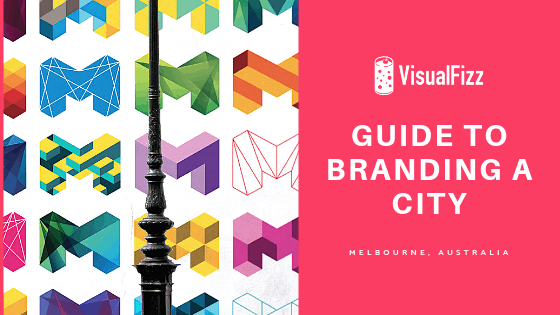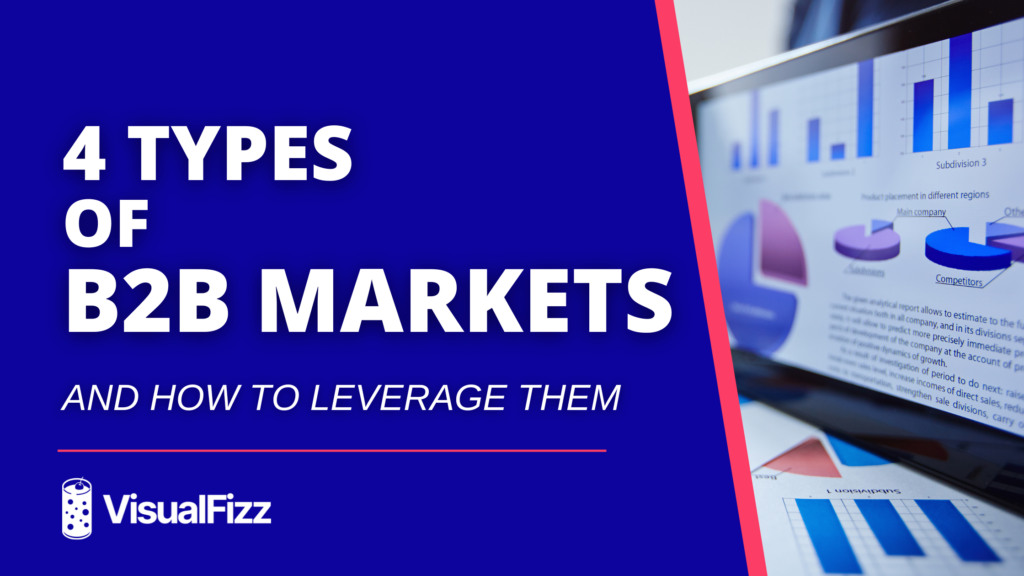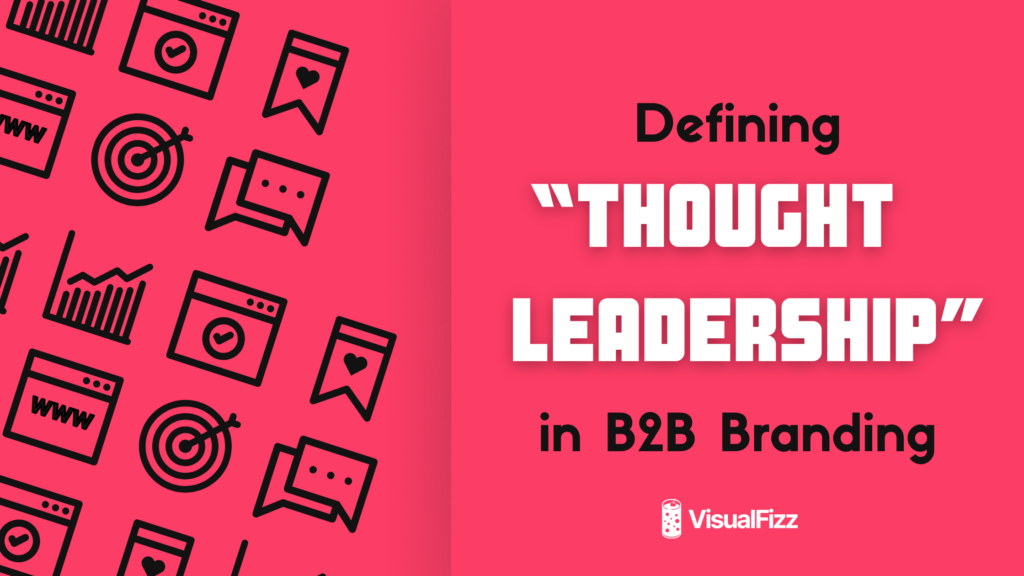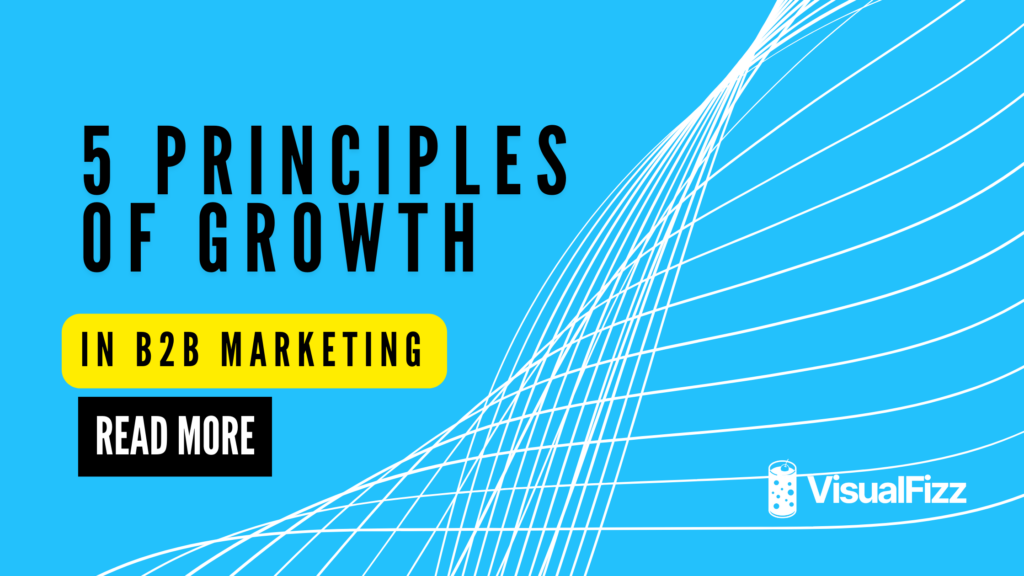
Using Human Psychology in Marketing and Advertising
Marketing and advertising strategies significantly benefit from an understanding of human psychology. We as humans draw on a combination of past experiences and current emotions to make decisions. We’re complex creatures, guided by our past experiences and a whirlwind of emotions. This blend of memory and feeling not only colors our personal choices but also plays a pivotal role in shaping our consumer behavior. Marketers who get this can really make their messages stick.
An understanding of the psychological reasons that people make decisions can give marketers a competitive edge. By drawing from the emotional and psychological reasons consumers consume the way they do, marketers can learn more about the deeper, less-obvious factors that motivate consumers to think, act, share, purchase, and become brand loyalists.
Understanding the psychological underpinnings of why people make the choices they do can arm marketers with a powerful tool. Peeking behind the curtain of the human mindset can reveal the deeper, often hidden motivations that lead consumers to engage, purchase, and develop loyalty towards a brand.
Richard Gregory’s Visual Assumption Theory
Richard Gregory was a psychologist that believed that our visual perception of our surroundings relies heavily on what can be referred to as “top-down” processing.
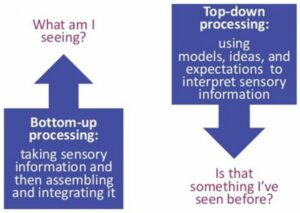
What does top-down processing mean for the human brain, exactly? It means that our brains make assumptions about our environments based on previously stored information – expectations, beliefs, prior knowledge, and prior experiences. Our brains are always trying to think, move, and anticipate faster; it is faster and easier to recall from previous experience than it is to relearn everything each day.
Those theories suggest that 90% of what we actually see or experience is lost by the time it reaches the memory centers of the brain. As a result, the brain “fills in the gaps” and relies on past experiences and knowledge in order to fully (and quickly) perceive a given situation. The human brain essentially merges new information with existing information to apply context and understanding.
TL:DR; what you think you experience and what you actually experience differ considerably.
For marketers, this emphasizes the importance of creating brand experiences that resonate with existing perceptions and positive emotions. This strategy can transform a first-time encounter with a brand into an extension of the consumer’s own narrative, making it feel familiar and positive.
This concept as it applies to marketing and advertising is not new by any means. We see it often – want to achieve a high social status? Buy this brand of clothing. Want attractive men/women to pay attention to you? Drink this brand of alcohol. Remember all the fun you had at the last sporting event you went to? Make sure to buy tickets to the next game.
Among the many psychological theories behind marketing and advertising, making an individual recall a positive memory or emotion helps brands encourage positive emotions towards them or their products, even if the individual has never interacted with that particular brand before.
Marketing And Memory
Our brains are designed to prioritize information essential for survival. While an ad campaign is far from a survival scenario, the principle remains: the brain uses memory to navigate current decisions. This understanding opens up a fascinating avenue for marketers, especially when considering how colors influence memory and emotion.
The Power of Color in Memory and Emotion
Colors are not just visual elements; they are experiences, each evoking a unique emotional response and memory association. Thomas Sanocki and Noah Sulman studied how certain color combinations have an effect on memory, analyzing how harmonious and contrasting color combinations can affect memory retention and perception.
Based on their findings, Sanocki and Sulman concluded three points:
- People are more likely to remember harmonious color patterns (colors that when paired are pleasing to the eye) better than contrasting color patterns.
- The use of few, strong colors allows the brain to more easily remember images.
- Contrasting colors that surround a main pattern increase memory of the color pattern.
Marketers can harness this knowledge to evoke the desired emotional responses amongst consumers, aligning with the psychological profiles of their target audience. Brands spend millions of dollars on branding and design alone for this exact reason – they know the importance of brand perception.
Typical emotions associated with specific colors include:
- Red: Energy, strength, power, hunger
- Blue: Stability, trust, confidence, intelligence
- Green: Growth, harmony, freshness, safety
- Yellow: Joy, intellect, happiness
- Purple: Status, wisdom
- Black: Power, formality, elegance, fear
It’s important for brands to use colors and color patterns in their marketing that align with their desired perception and goals.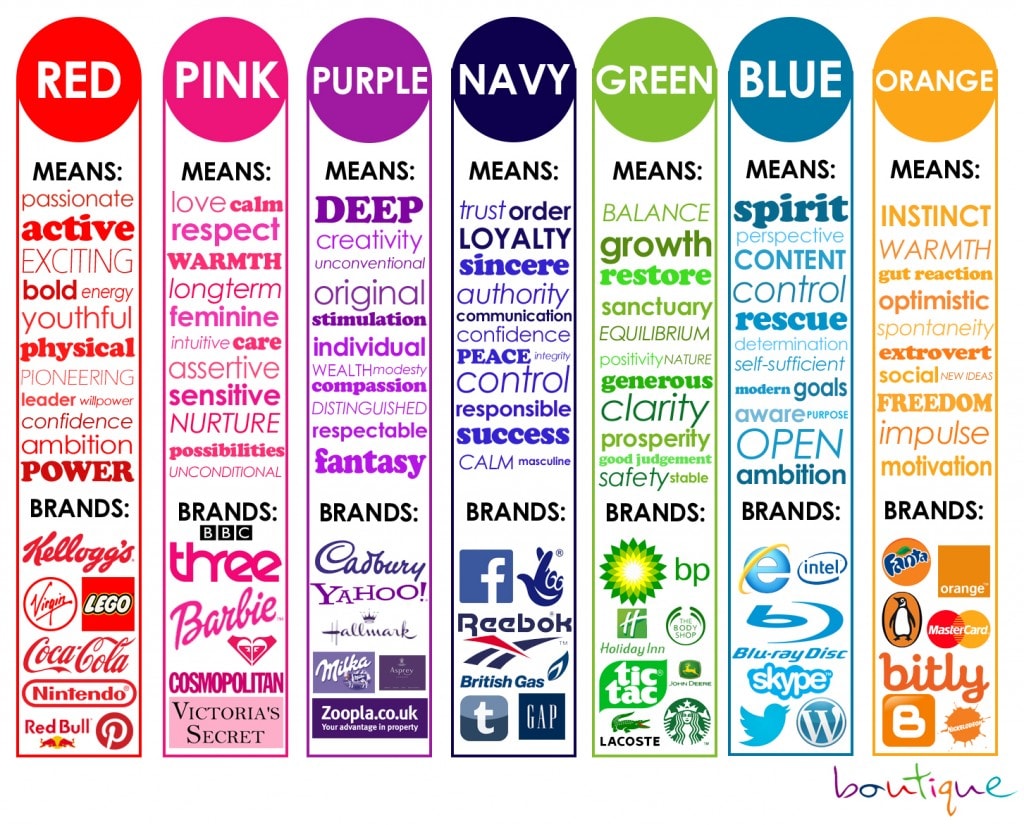
Selecting the right colors for your marketing materials isn’t just an aesthetic choice—it’s a strategic decision that can significantly impact how your brand is perceived and remembered.
Integrating Psychology into Marketing Strategies
The application of psychology to marketing isn’t just an academic exercise; it’s a practical strategy that, when executed well, can make your brand more persuasive, relatable, and ultimately, unforgettable. This approach is about more than just making sales; it’s about creating a meaningful connection with your audience that stands the test of time.
At the intersection of psychology and marketing, the power of understanding the human mind is a competitive advantage. It’s not just about predicting behavior; it’s about respecting and engaging with the complex beings behind the consumer labels.
By embracing the insights gleaned from understanding human behavior, marketers can craft campaigns that resonate deeply with audiences and build lasting brand loyalty.
Learn more about Brand Campaigns by VisualFizz.
Publishing Date:

